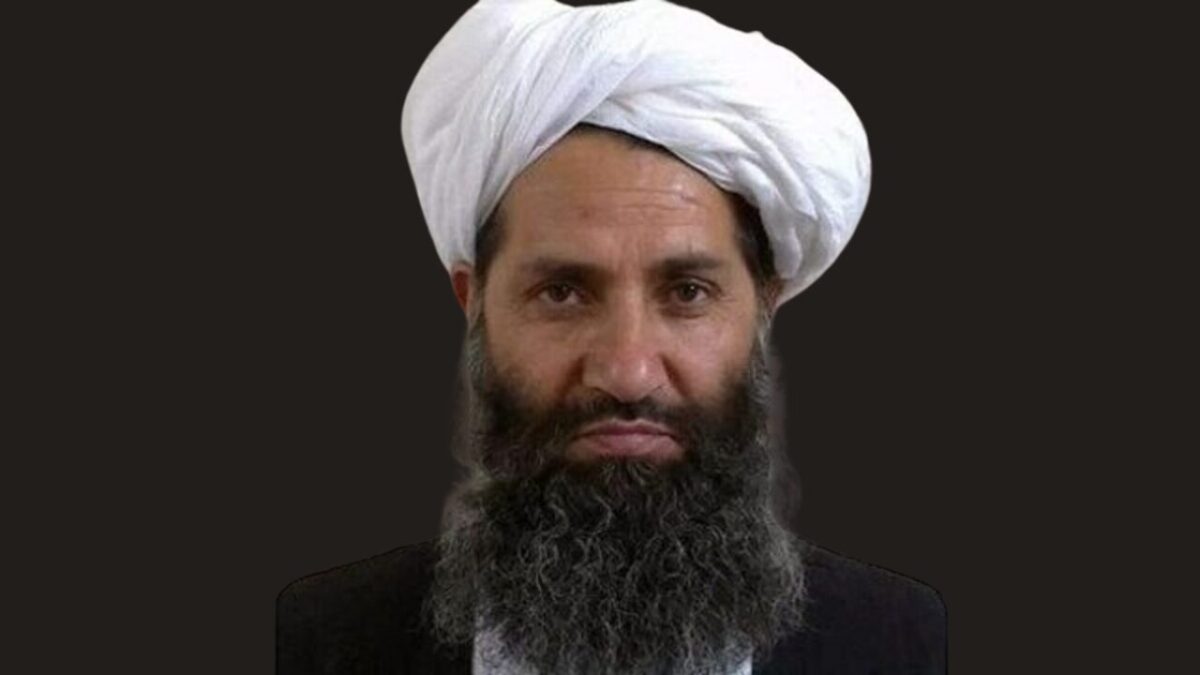The Taliban leader, Hibatullah Akhundzada, has instructed the Taliban’s intelligence agency to act decisively against anyone deemed to have insulted Islamic values, reinforcing their hard-line stance on religious conformity.
In an audio message shared by Taliban spokesman from a seminar to Taliban intelligence officials in Kandahar, Akhundzada said the agency must prevent all “open or hidden” affronts to Islamic rituals and cultural norms, calling such acts part of a broader ideological threat to the Taliban’s rule.
“The intelligence apparatus must not allow any insult to Islamic traditions, whether public or concealed,” he said. “You are the backbone of the Islamic Emirate, and your duty is to protect it from all threats — ideological, political, or military.”
The seminar, according to Taliban spokesman Zabihullah Mujahid, was attended by regional intelligence directors and the agency’s deputy for operations. As with all of Akhundzada’s public addresses, the message was pre-recorded and disseminated through official Taliban media — part of a longstanding practice for the reclusive leader, who has not appeared in public since taking power.
Akhundzada warned of what he described as “corrupt thinking” and “foreign agendas,” and urged intelligence officials to collaborate with other Taliban institutions to “guide public opinion” under a strict interpretation of Sharia law.
While emphasizing ideological vigilance, he also advised officers to exercise restraint and ethics in their enforcement. “Do not detain anyone solely on suspicion,” he said. “And never reveal people’s secrets or mistreat detainees.”
His comments come amid mounting criticism of the Taliban’s General Directorate of Intelligence, which has been repeatedly accused by international human rights groups of arbitrary arrests, enforced disappearances, and torture. Since the Taliban seized power in August 2021, the agency — led by Abdul Haq Wasiq — has expanded across all provinces, targeting religious institutions, former government employees, journalists, and civil society actors.
Akhundzada’s directive appears to reaffirm the intelligence service’s central role in defending the regime, while attempting to temper its reputation for abuse with calls for more disciplined conduct. The remarks also reflect his continued consolidation of religious and ideological authority over Taliban governance from his stronghold in Kandahar.
More than 100 decrees have been issued by the Taliban since returning to power, the majority of them restricting civil liberties, particularly for women. Akhundzada’s religious edicts and speeches, delivered only through audio recordings or written statements, have increasingly defined the group’s rigid policies.
His latest message signals both an endorsement of the intelligence agency’s sweeping powers and a warning to critics — domestic or foreign — who challenge the Taliban’s vision of Islamic governance.





